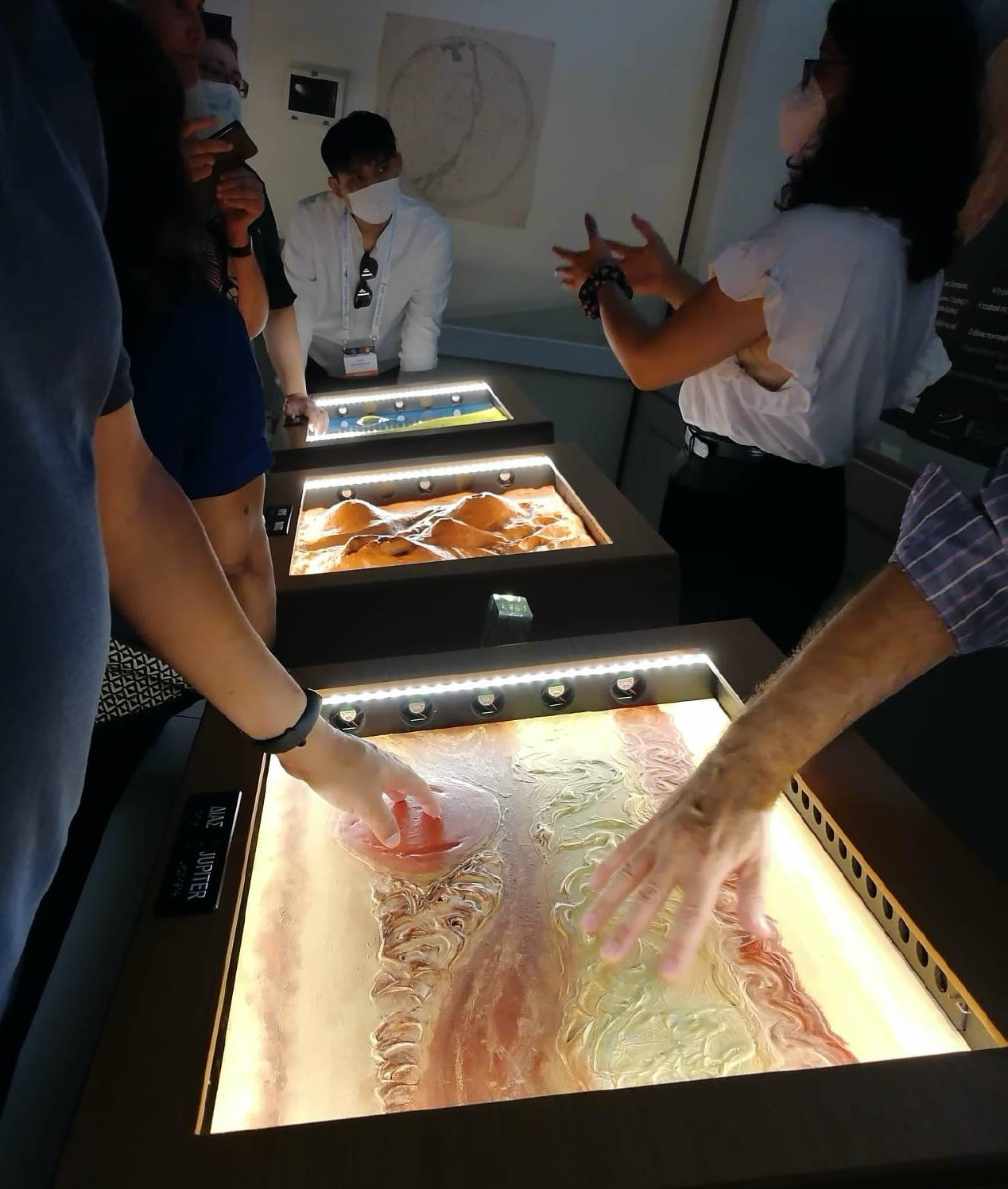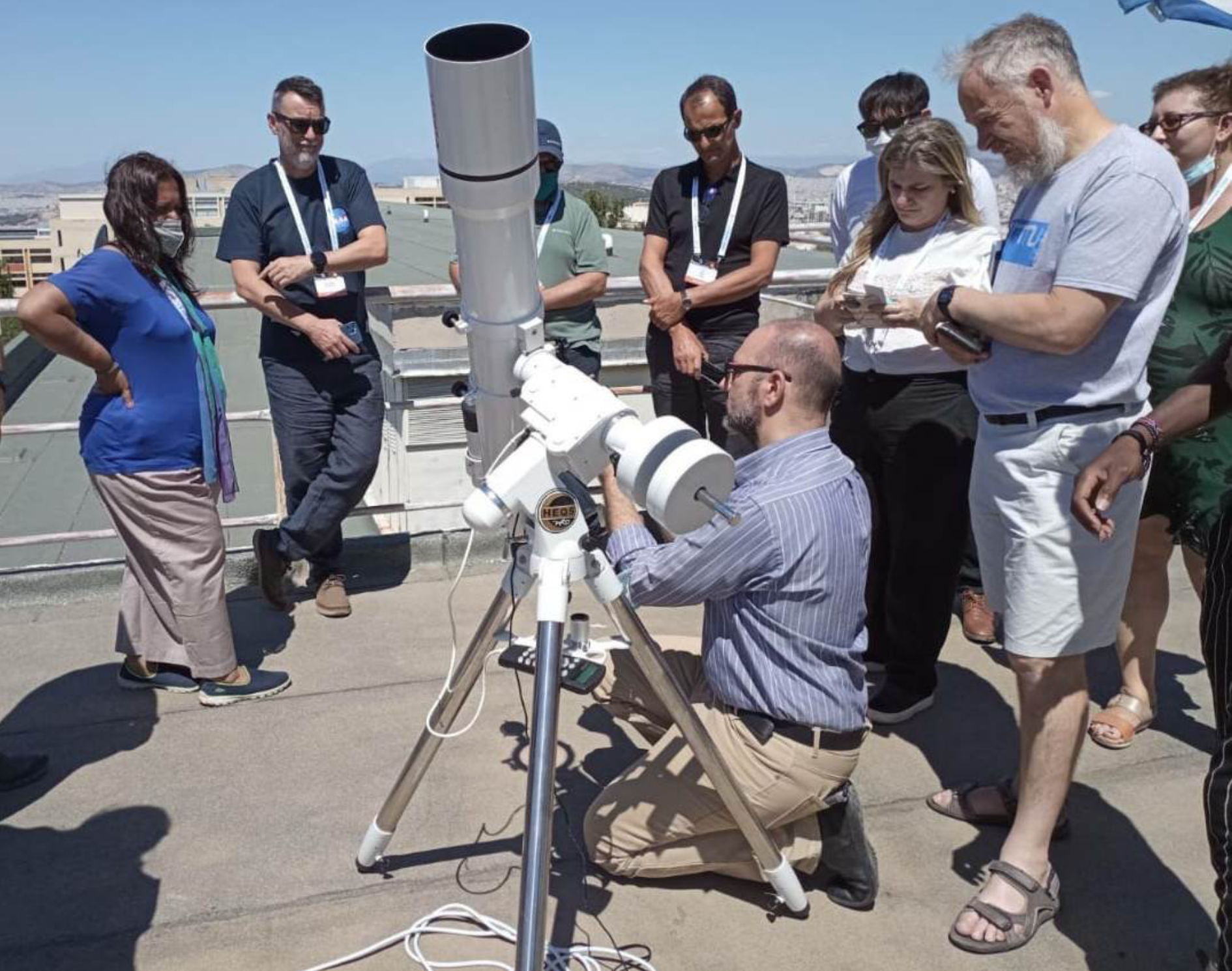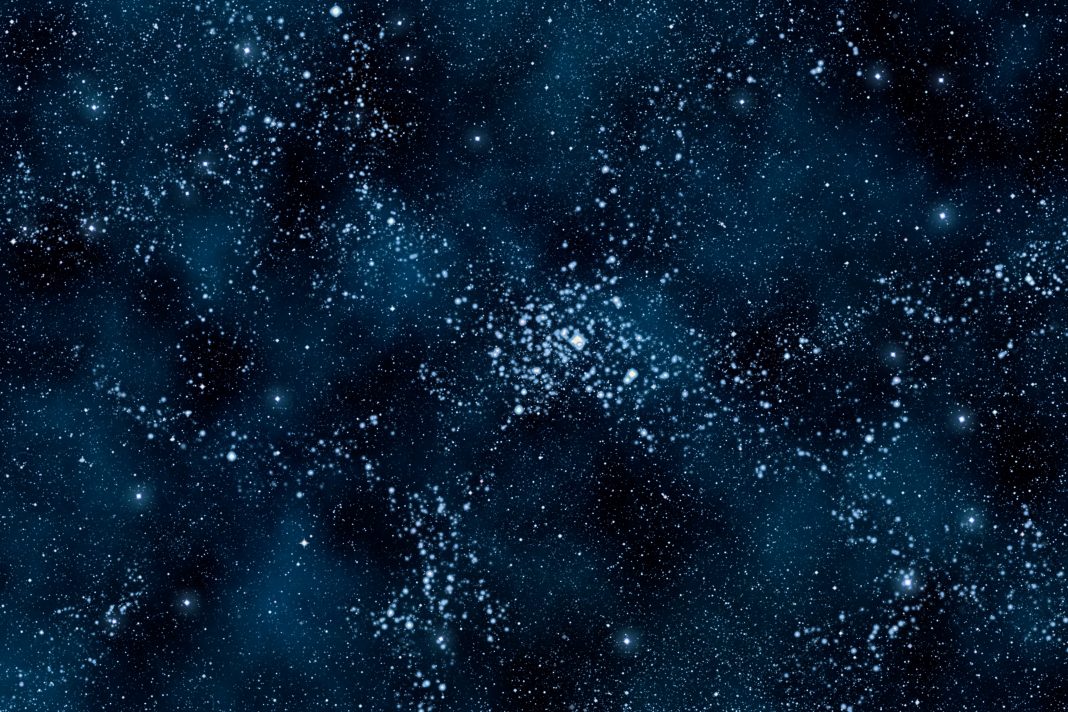COSPAR’s dedicated Panel supports today’s science teachers for tomorrow’s space exploration
We were all born on the same Pale Blue Dot
Exploration has always been an essential human endeavour. Understanding our origins is now more important to our survival than ever before. We were all born on the same Pale Blue Dot and are made of star stuff, as Carl Sagan famously said. We have discovered with great precision our physical place in the universe. Our Sun is a small star in a busy neighbourhood, in one arm of the Milky Way galaxy, which itself lies in a galaxy cluster called the Local Group. That is just one of many clusters and literally billions of galaxies in the universe, many of which we have now mapped and observed.
While this knowledge is steadily growing, the preparation of future scientists and explorers has still, in most cases, not kept pace. Most countries have few educational modules on astronomy and space exploration in their curricula, and we rarely spot research opportunities offered regularly to students in the classroom. Policy-makers should assume the role of change-makers and take the necessary steps to make this important area a key ingredient to prepare students and enhance all communities’ science capital.
How space exploration connects careers
Space exploration is a field that includes and connects hundreds, if not thousands, of different career paths, an area where innovation is happening at the speed of light and where discoveries and new data are landing on computers in petabytes per second, with more data than scientists could possibly explore, and this flow will only continue to grow. Machine learning, artificial intelligence and other cutting-edge technologies are becoming essential for the fields currently shaping our future, including healthcare, climate change monitoring, communication systems, economic growth, and millions of other applications.
The question is, why haven’t schools promptly embraced their role as supporters of this innovation? Why aren’t they swiftly adapting, transforming classrooms into preparatory launch pads for future talent, capable of embracing innovation and challenges with confidence and resilience? For this to happen, innovative technology and trends, research and scientific and technological challenges need to become the core of schoolwork. From kindergarten to universities, the learning experience should embrace the future.

But even when policy makers produce the necessary changes, which many countries are fortunately already doing, schools will need to properly integrate them using innovative approaches. Equally important is the preparation of and support for educators, those who will deliver politicians’ and school heads’ vision and plans. Training and support for teachers to integrate space exploration in their classrooms is a global emergency.
COSPAR education and training
We must remember that the students in classrooms today are the future leaders of this planet, the professionals who will carry out the space missions being approved now and probably the first humans to set foot on Mars. Their teachers have the privilege of helping them fulfil their potential. It is therefore essential to ensure that innovative, digitally- transforming, inclusive, accessible and space-exploration-filled training opportunities are made available. COSPAR has embraced this mission through its Panel on Education (PE).
COSPAR PE aims to develop the means to encourage and spread space-related education. In particular, we work with COSPAR Scientific Commissions and Panel Chairs, or other interested parties, to direct the outreach and education to the appropriate audience, be it a school, university, the general public via the media, or underprivileged students in countries with no space-related activities, for example.\

Then we identify how the educational tools might become available, and explore possible links with already established educational programs on topics related to research areas covered by COSPAR. We develop the means to reach the target audience, eg. by setting up and maintaining a website, sourcing permission to use material from Commissions and finally establishing links and strategic partnerships and alliances, for example with UNESCO, so that this activity is not duplicated and can be supported.
Obviously COSPAR Scientific Assemblies are a critical forum to discuss education issues and every COSPAR Scientific Assembly now includes a week of teacher training sessions, supporting a few participants from developing countries as well as welcoming educators from the region hosting the event. During these events teachers, and sometimes their students, can meet space mission teams, attend lectures, participate in the Panel on Education talks and work- shops, and present their own work.
Trainers, all experienced science educators, not only present widely available, free resources but also provide initial training on how to use them, including concrete examples of implementation. The workshops go from simple hands-on activities, such as building craters and exploring the phases of the Moon, to more advanced, where participants learn how to work with robotic telescopes or use satellite imagery while delivering curriculum content. The event is a launch pad for future collaboration with the teachers who are then invited to participate in the programs presented. The COSPAR Scientific session on education is just the first encounter of what we hope will be a fruitful collaboration between the research community and educators preparing the next generation of researchers.
These events have taken place during COSPAR Scientific Assemblies in Mysore, India (2012), Moscow, Russia (2014), Pasadena, USA (2018), Sydney, Australia (2021, online), and Athens, Greece (2022). So far, nearly 300 participants have benefited from this opportunity and will carry on the mission by further disseminating their experience. Let’s hear it for COSPAR and all educators making a difference!
Panel on Education
Committee on Space Research (COSPAR)
Tel:+33(0)467548777
cospar@cosparhq.cnes.fr
https://twitter.com/cosparhq?lang=fr
https://www.linkedin.com/company/committee-on-space-research-cospar/

This work is licensed under Creative Commons Attribution-NonCommercial-NoDerivatives 4.0 International.


